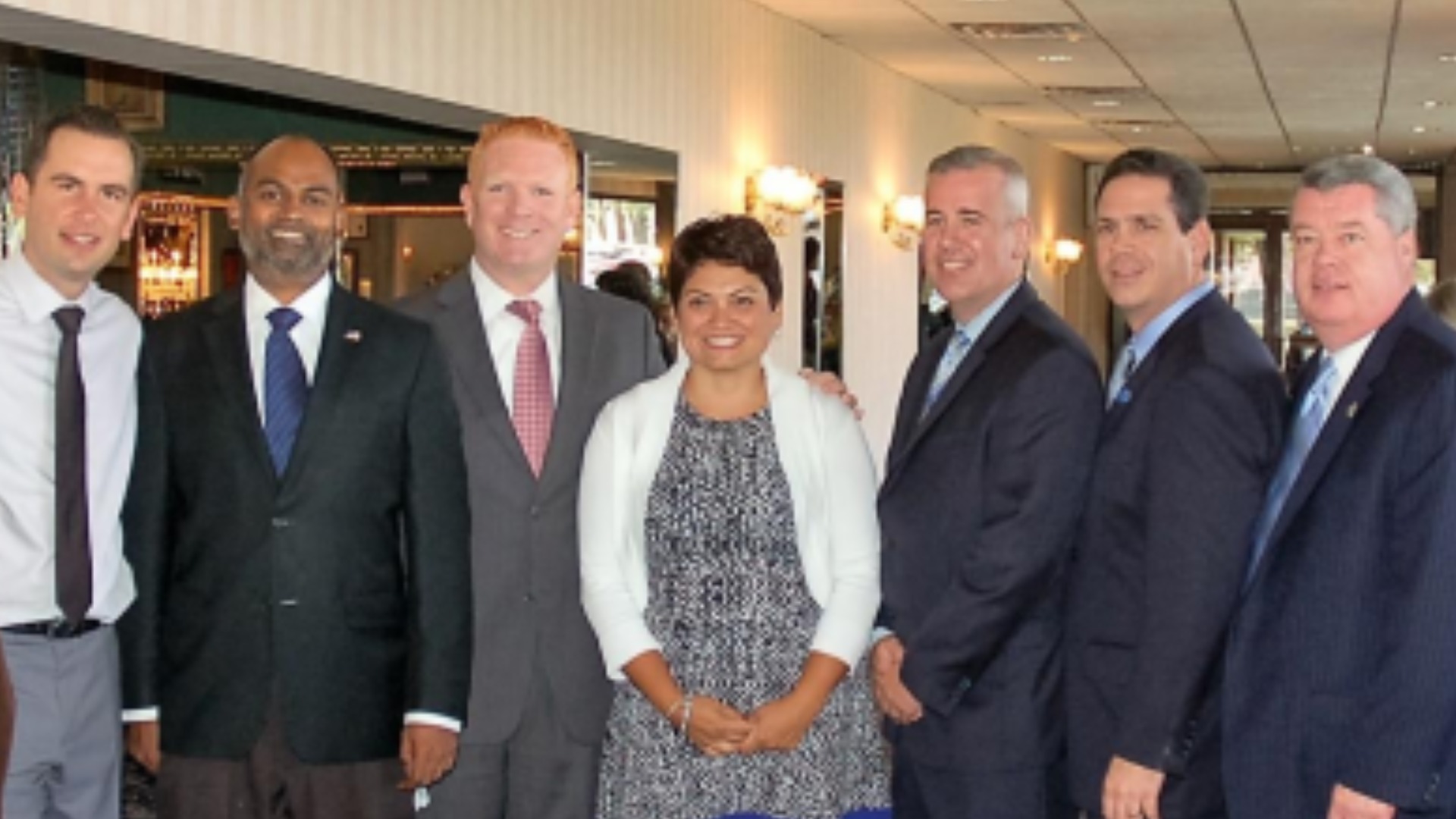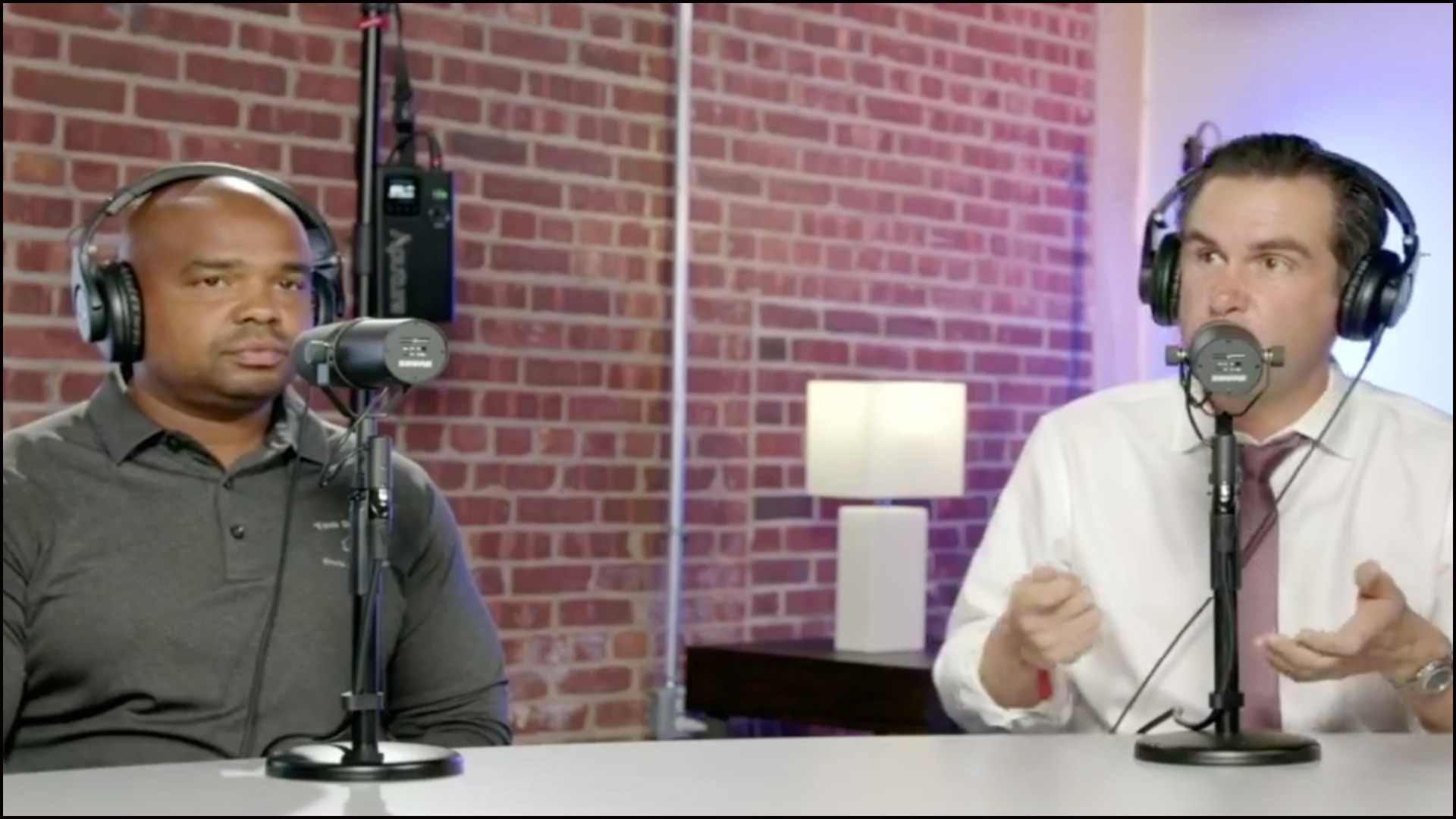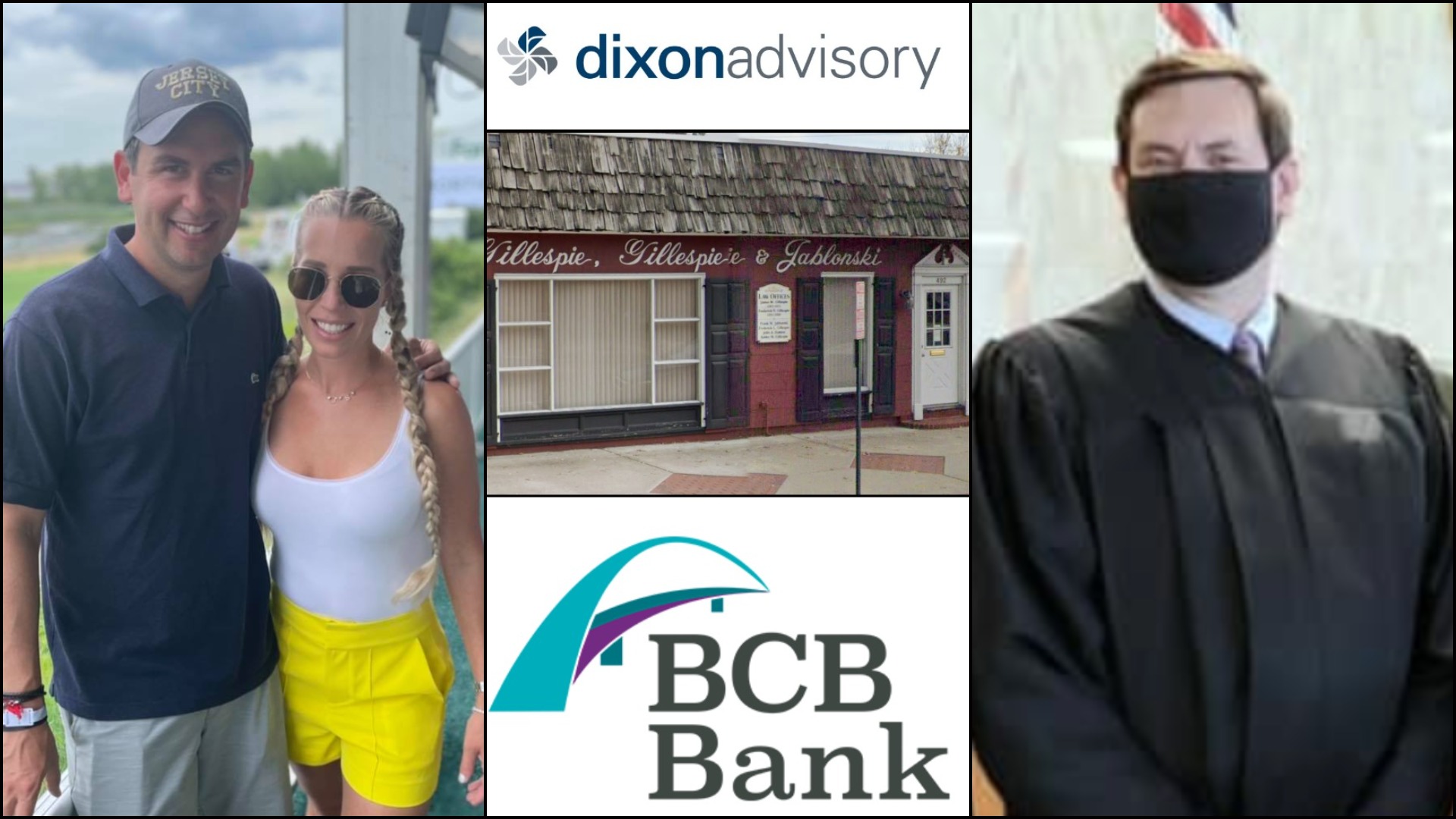Whichever direction people lean on the Jersey City BOE referendum, it’s time for a reality check regarding an elected vs. appointed system, and some thoughts about the political opportunity it has created.

Education Matters 2016 (left to right) – Mayor Steven Fulop, ex-JCBOE Pres. Sudhan Thomas, JCEA Pres. Ronnie Greco, now-JCBOE Trustee Gina Verdibello and Jersey City police union officials.
“In the midst of chaos, there is also opportunity” – Sun Tzo
Let’s get straight to the point: 1) I 100% support keeping the Jersey City Board of Education (JCBOE) an elected school board; 2) I actually participated in a successful campaign to switch the West New York BOE from appointed to elected via referendum in 2013; and 3) based on my knowledge & experience, I doubt there’d be a meaningful difference between the two systems in Jersey City.
Now, before the reality check, I must say that Mayor Steven Fulop has made an ill-thought-out decision pushing this referendum. Without speculating about ulterior motives, this is a shameless way for Fulop and the Jersey City Council to absolve themselves of responsibility for the Jersey City BOE’s financial crisis. An opportunistic move in the midst of chaos stemming from hate, dysfunction, and corruption within the JCBOE that’s been widely publicized.
To be fair, the city council is caught between a rock and a hard place. The JCBOE budget crisis has led to public requests from Jersey City Together and parent groups for additional school funding from the city council. At the same time, the JCBOE trustees don’t want to be responsible for drastically increasing the local tax levy as a way to offset cuts in state aid, nor do they want to cooperate with the city council regarding funding.
Whoever wins this election is receiving the prize of being responsible for massive property tax increases over the 2020s (unless an alternative funding mechanism, like a city income tax, is implemented).
Regardless, as recent shenanigans have clearly displayed, this is an extremely divisive initiative at a time when healing & unity should be towards the top of the agenda. It’s a selfish decision and highly unlikely to succeed given the massive turnout due to the presidential election.
Plus, Fulop and most of the city council members have strategically avoided board elections the past few years. If they actually cared, they would’ve been actively supporting qualified candidates for the JCBOE. Instead, they’ve deferred to the local teachers’ union and education reform/charter school activists.
That’s why this decision is unnecessary. I could, however, understand how endorsing a losing slate of candidates would be much more devastating for Team Fulop heading into 2021. It should be interesting to see how this disaster plays out.
REALITY CHECK 1: Corrupt politics will always control the Jersey City BOE
The irony of all the grandstanding around the predictable downfall of ex-JCBOE Pres. Sudhan Thomas is that he proves both systems can be corrupted. Thomas was literally indicted & charged by federal & state prosecutors, for embezzlement & bribery, in his capacity as both an appointed & elected official, respectively. Despite countless red flags and complaints from concerned citizens, the union was actively supporting Thomas’ reelection three months ago because he did their bidding while on the board.
Of note, Thomas deserves some recognition for the fed-state-combo corruption cases. It’s a special achievement, even by Hudson County standards. Despite the charges being vastly different, former West New York Mayor Felix Roque did beat two cases, one fed and one state, but they weren’t being prosecuted concurrently.
Speaking of West New York, as previously mentioned, I participated in a referendum that switched the WNYBOE from appointed to elected. Roque’s federal charges helped spark a lot of the civic activism which made the campaign a success. Yet, six years later, there’s evidence that the switch did little to stop cronyism and the board is controlled by the new mayor’s political machine.
Whether that power dynamic is a good or bad thing for student achievement in West New York is up for debate, but it could reasonably be argued that North Bergen (elected BOE) and Union City (appointed BOE) have higher quality public schools than Jersey City. In reality, the difference between those two systems are non-existent because both are run by a mayor/state senator that rule with an iron fist.
Jersey City BOE elections are more dynamic than North Bergen and West New York, but Ward E Councilperson James Solomon has brought up an important point about the JCBOE – no candidate since 2013 has been successful without the support of a Super PAC.
That being said, Solomon exclusively endorsed candidates that were supported by Super PACs in the 2019 JCBOE elections. Meanwhile, Tara Stafford, an independent candidate that finished as the runner-up in 2019, was the closest ever to beating the odds – falling short by about 1,100 votes (performing poorly in Ward E). If Solomon was genuinely interested in supporting independent candidates, the point he’s bringing up probably wouldn’t be true, thus I’m not surprised he voted to put the referendum on the November ballot.
Furthermore, only a handful of people have been deciding who the Super PAC-funded candidates are. That elite group includes Jersey City Education Association (JCEA) Pres. Ronnie Greco, Better Education for Kids New Jersey (B4KNJ) Executive Director Shelley Skinner and political operative Muhammed Akil – with key stakeholders (Fulop, Freeholder Bill O’Dea, Councilman Daniel Rivera, etc.) lobbying on behalf of potential candidates.
In its current form, JCBOE elections are about ballot positioning, name recognition, and toxic campaigning between warring slates of candidates picked by that elite group. If the system switches from elected to appointed, the power of the aforementioned would diminish and the vicious campaigning would be limited to public meetings.
To my friends on the city council, be careful what you sign up for…
REALITY CHECK 2: Voter apathy empowers political machines
Remember how Tara Stafford finished about 1,100 votes short of being the first independent candidate to win since 2013? In West New York, 1,500 votes was all that’s needed to win a BOE seat in 2019 – which means a committed group of candidates & volunteers could reasonably defeat the machine.
In Jersey City, it took 9,800 (2019), 20,500 (2018), 11,100 (2017), and 13,500 (2016) votes to win in the last four JCBOE elections – which means it takes significant resources to get people to recognize a candidate’s name & ballot position. Unfortunately, a Super PAC is necessary because too many voters are apathetic (uninterested in civic issues, not researching independents), and it costs a lot of money to get thousands of people to vote.
That said, this ill-thought-out referendum is the type of stupidity that could energize voters, especially with the upcoming presidential election, to focus on local politics. Asking voters to give up their right to vote is seriously flawed logic and might fuel the type of local revolution which elected Fulop in 2013.
If that were to happen, there’s only one person that’ll be capable of pulling it off – JCEA Pres. Ronnie Greco. He’ll need it to be a coalition between labor & civic activists, and it has to be bigger than winning the 2020 JCBOE elections and defeating the referendum. He needs to recall at least three members of the city council (Ridley, Robinson, and Solomon) and win their seats.
The big question is whether Greco has what it takes to seize the opportunity in the midst of chaos, or is he scared of Fulop’s machine?


